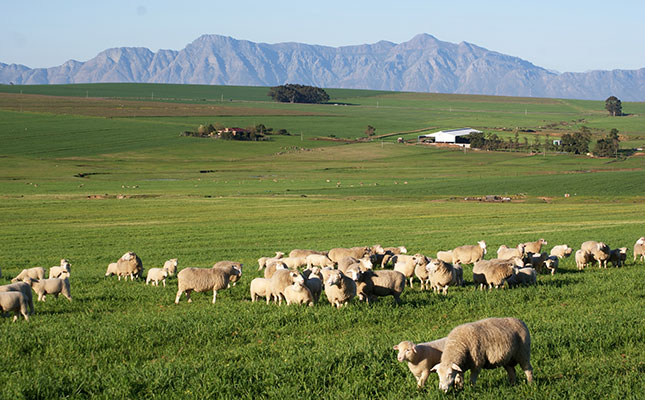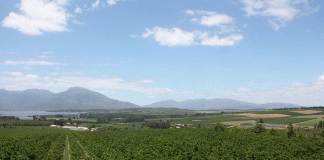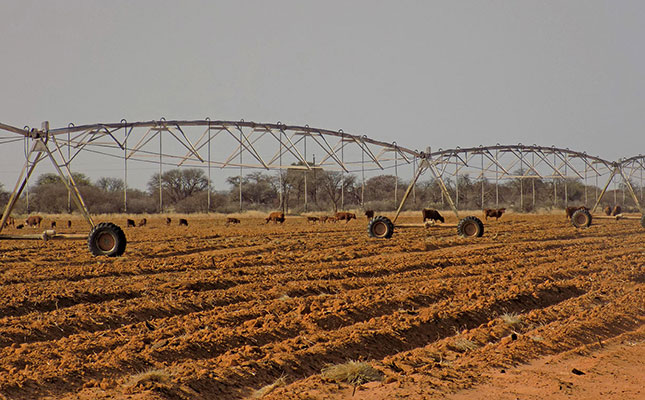Of the one billion adults in developing countries involved in agriculture, about 440 million do not use banks, while those who have accounts do not fully use them.
Less than 15% report using their accounts to receive payments for the sale of agricultural produce.
These could be conservative figures. “If you include those who only earn wage income from agriculture, the number of unbanked would be even higher,” said the report.
In some cases, the lack or proximity of banking outlets is the reason, while some banks are also unwilling to provide services to people who have small incomes in the belief that access to financial services will be of no benefit to the poor.
However, research by the World Bank’s Universal Financial Access 2020 initiative shows financial inclusion is crucial for reducing poverty in farming households.
For example, households in Niger who have a basic savings or mobile money account eat a more diverse diet.
The report goes on to say that there is a need for a greater variety of financial services for agricultural households. These services should extend beyond credit and insurance for agricultural production to include payments and savings services.












